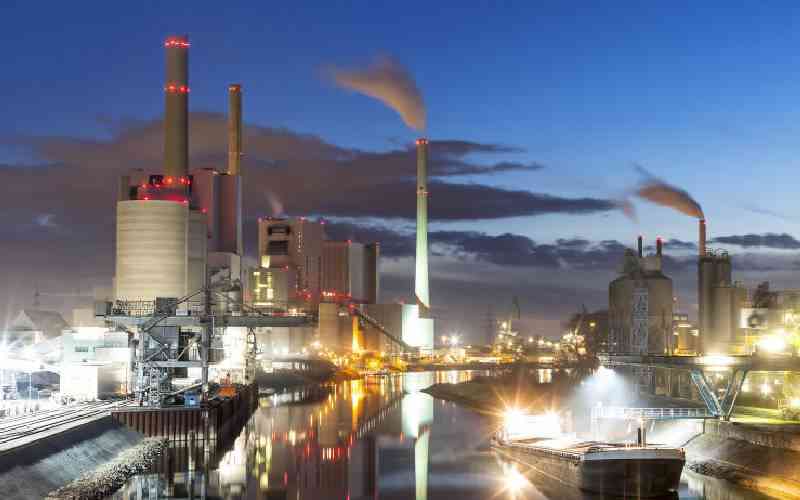×
The Standard e-Paper
Join Thousands Daily

The climate crisis debate did not start the other day, nor do its effects on humans.
The unending calls for behaviour change to spare Africans the suffering due to climate change is what now needs to take a moral dimension.